Technical Program | upcoming deadlines
VIEW TECH PROGRAM & SPEAKERS VIEW LIVESTREAMED SESSIONS
Overview of Conference Tracks:
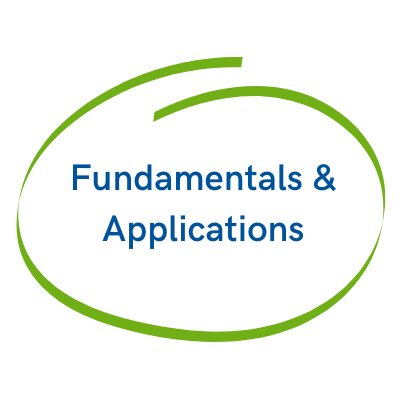
Fundamentals are the foundation for understanding applications in engineering. Key components of ASHRAE fundamentals include thermodynamics, psychometrics, fluid and mass flow. This track provides opportunities for papers and presentations of varying levels across a large topic base. Concepts, design elements and shared experiences for theoretical and applied concepts of HVAC&R design are included.
Track Chair: Anoop Peediayakkan
peediayakkan@gmail.com
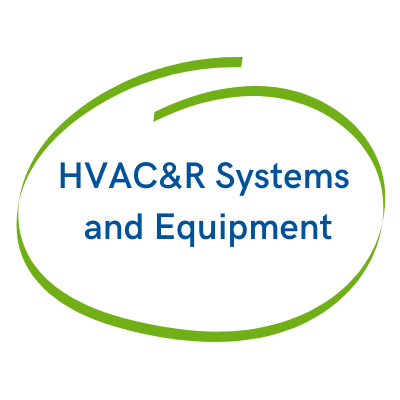
HVAC&R systems and equipment are constantly evolving to address the changing requirements of the built environment. Papers and programs in this track focus on the development of new systems and equipment, improvements to existing systems and equipment and the proper application and operation of systems and equipment.
Track Chair: Craig Bradshaw
craig.bradshaw@okstate.edu
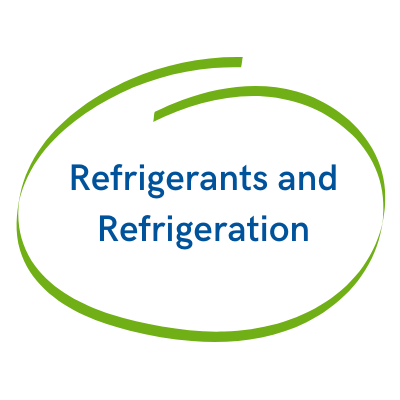
Refrigeration systems generate and use cold for a range of processes, from food preparation and conservation to vaccine preservation, to long-term protection of fragile ancient inks of historic documents and others. Differences in technologies and equipment, performances, refrigerants, etc., may hide synergies from which both industrial and commercial systems might benefit, also, but not only, from the points of view of reducing direct and indirect GHG emissions.
Track Chair: Aaron Boranian
aaron.boranian@bigladdersoftware.com
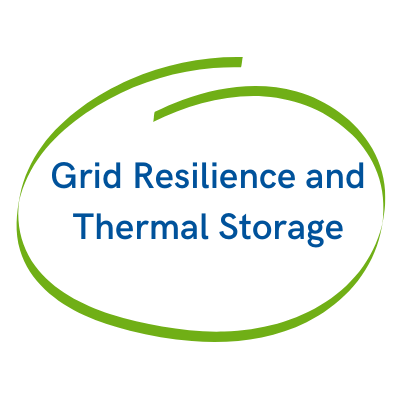
Resilience is a highlighted aspect of the current ASHRAE strategic plan. Methods of designing buildings and HVAC&R systems with resilience in mind is paramount to our long-term success. Coupled with energy efficiency, this track is designed to highlight the advancements in grid resilience and thermal storage systems and how they are tied to resilience and energy conservation efforts.
Track Chair: Nohad Boudani
nohadb@inco.com.lb
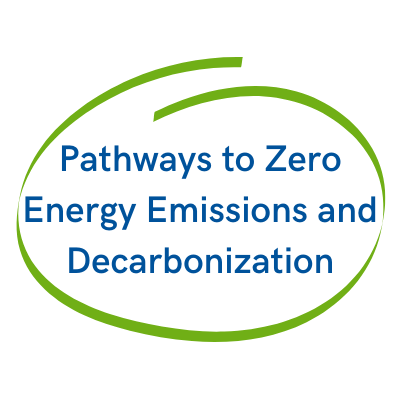
Climate change and the impact of carbon emissions on our environment has been recognized globally as a high priority. ASHRAE is taking a leading position in the advancement of carbon neutral, net zero energy, and decarbonization strategies in building and HVAC&R design. This track highlights methods being developed to reduce carbon impact on the global environment and the efforts ASHRAE and its members are taking to advance these efforts.
Track Chair: Som Shrestha
shresthass@ornl.gov
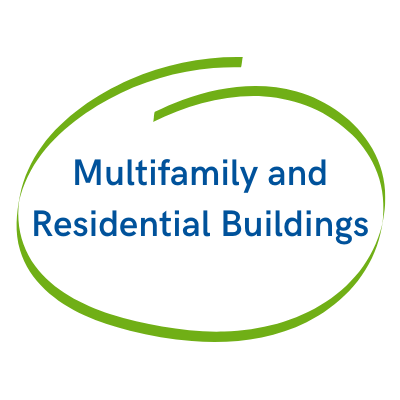
Multifamily is one of the fast growth building sectors but has been underserved. Multifamily buildings present challenges and opportunities on energy codes requirements, energy efficiency opportunities, ventilation and air tightness balance, and equality to address low-income multifamily buildings. This track covers programs and papers on best practices, utility and above-code incentive programs, field studies, and codes and standards requirements. This track also welcomes programs and papers for single family housing and other residential buildings.
Track Chair: Lina Maged Hashem
lina_lmf@hotmail.com
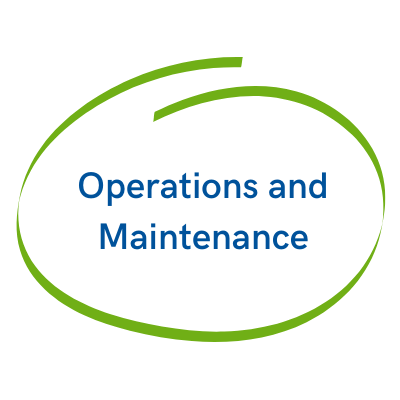
Making sure that the design intent of these more complicated HVAC systems is understood by all team members and building operators is key to the building’s success. This track will address an array of topics including lessons learned, improvement of process and team communications and effort to improve the installation, startup, O&M and commissioning of HVAC systems.
Track Chair: Suzanne LeViseur
sleviseur@haddadeng.com
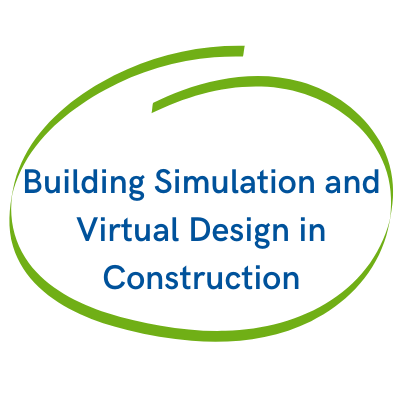
The practices of energy modeling and building performance simulation using existing simulation tools, software development, and future simulation research and applications is ever evolving. The papers and programs in this track inform designers, engineers, building energy simulation modelers, and energy consultants and practitioners in the use of various strategies methods for building simulation & virtual design in construction.
Track Chair: Alekhya Kaianathbhatta
alekhya_k@rogers.com


|
These sessions present both technical and conference papers. Conference papers are written on current applications or procedures, as well as papers reporting on research in process. These papers differ from technical papers in that they are shorter in length and undergo a much less stringent peer review. Technical papers cover current applications or procedures, as well as papers resulting from research on fundamental concepts and basic theory. Papers presented in these sessions have successfully completed a rigorous peer review. PowerPoint presentations with audio descriptions of the presentations are posted online in the Virtual Conference. Preprints of the papers are available to all attendees who have purchased a conference registration.
|
 |
|
Forums are “off-the-record” discussions held to promote a free exchange of ideas. Reporting of forums is limited to allow individuals to speak confidentially without concern of criticism. There are no papers attached to these forums.
|
 |
Debates highlight hot-button issues. Experts, either on teams or as individuals, present different sides of an issue in debate format. Each participant presents evidence for or against a specific statement or question such as ‘Is Sustainability Really Sustainable?”.
|
 |
Panel discussions can feature a broad range of subjects and explore different perspectives on issues in the industry. A panel may feature discussions about integrated project delivery among designers, builders and facility management professionals.
|
 |
Seminars feature presentations on subjects of current interest. Papers are not available from the Society; however, seminar PowerPoint presentations with audio descriptions of the presentations are posted online in the Virtual Conference. Access is free for attendees who purchase a conference registration. Seminars are available as a collection via subscription to the Technology Portal online and include video files synched with audio, audio files and PDF files of the presentations.
|
 |
Workshops enable technical committees and other ASHRAE committees to provide a series of short presentations on a topic requiring specific expertise. These short presentations are provided with an increased emphasis on audience participation and training in a specific set of skills. PowerPoint presentations with audio descriptions are posted online in the Virtual Conference.
|
 |


Important Dates

- Friday, November 18, 2022: Presentation PPT uploads begin
- Wednesday, January 4, 2022: Presentation PPTs due
- Monday, January 16: Presentation Reviews Due